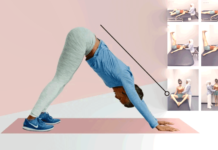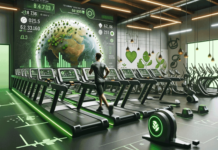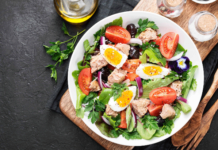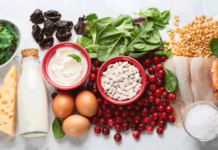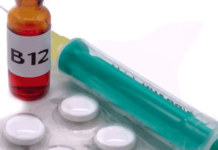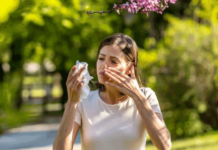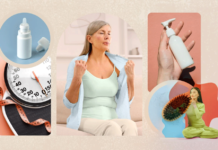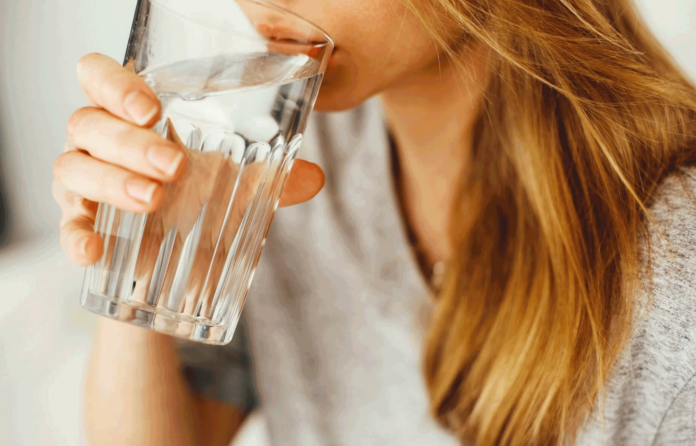The core of life is water, which makes up approximately 60% of the human body and is absolutely important in almost every physical function. Staying hydrated is non-negotiable; it ranges from helping digestion to controlling temperature. Still, despite its significance, misconceptions regarding hydration continue to obscure our knowledge of what it means to remain well hydrated. This post will explore the most prevalent hydration myths, refute them using scientific data, and offer useful strategies for managing dehydration. Let’s set the record straight and reveal the reality about hydration myths and facts.
The Importance of Hydration: Why It Matters
Before we address the fallacies, let’s clarify why hydration is so crucial. Water helps to remove waste, lubricate joints, and carry nutrients among other vital activities. Even at moderate degrees, dehydration can cause tiredness, headaches, and cognitive impairment. Affecting blood pressure and organ function, severe dehydration can be life-threatening. Knowing the facts regarding hydration helps us give water consumption top priority; but, false information might cause misunderstanding on how much, when, and how to hydrate. To correct the record, let us dispel several of these water fallacies.
Myth# 1: You Must Drink 8 Glasses of Water a Day
One of the most persistent hydration myths is the “8×8 rule”—the idea that everyone needs eight 8-ounce glasses of water daily. This blanket recommendation oversimplifies hydration needs, which vary based on age, weight, activity level, climate, and diet.
The Truth About the 8-Glass Rule
Scientific proof about drinking water shows that everyone has different needs when it comes to staying hydrated. The National Academy of Medicine says that men should drink about 3.7 liters (125 ounces) of fluids and 2.7 liters (91 ounces) of fluids and foods that are high in water, like fruits and veggies, every day. But sports or people who live in hot places may need more, while people who do not do much may need less. Instead of following a single rule, pay attention to your body’s signs of thirst and check the color of your urine (pale yellow means you are well-hydrated).
Myth 2: You Can’t Drink Too Much Water
A different myth is that more water is always better. Even though it is important to stay hydrated, becoming too hydrated (hyponatremia) can be dangerous because it lowers the amount of sodium in the blood, which can lead to symptoms like nausea, seizures, or even death in the worst cases.
Hydration Facts: Balance Is Key
The kidneys can get rid of between 0.7 and 1 liter of water every hour. If you drink more than this, especially quickly or while working out hard, your body may not be able to handle it. Endurance runners are especially at risk if they drink too much water and do not replace their electrolytes. Instead of drinking a lot of water all at once, sip it throughout the day. Also, if you are going to be active for a long time, think about electrolyte-enhanced drinks.
Myth 3: Thirst Means You’re Already Dehydrated
Many people think that being thirsty means they are severely dehydrated, which makes them worry about how much water they should drink. This myth overstates the body’s natural thirst system, which is meant to keep the right amount of water in the body.
Debunking Thirst Misconceptions
There is scientific proof that thirst is an early warning sign and not a last option. The hypothalamus in the brain checks the level of salt in the blood and makes you thirsty before you become seriously dehydrated. Chronically not drinking enough can make people less sensitive to thirst, especially older adults. But for the most part, healthy people can trust their thirst. Instead of waiting for thirst to strike, drink water often, especially when you are working out or it is hot outside.
Myth 4: Coffee and Tea Dehydrate You
Because they make you pee, caffeinated drinks like coffee and tea are often called “dehydrating.” This myth has made a lot of people stay away from these drinks when they want to stay fresh.
Hydration Facts: Caffeine’s Real Impact
According to research, drinking about 200 to 400 mg of caffeine, which is about 2 to 4 cups of coffee, does not dehydrate you too much or make you pee a lot. In fact, drinks like coffee, tea, and even pop help you drink enough water every day. Even though water is still the best way to stay hydrated, caffeinated drinks can help you meet your needs, especially if you like them. Just do not drink too many sugary or high-caffeine energy drinks, as they can be bad for your health in other ways.
Myth 5: You Need Sports Drinks to Stay Hydrated
Sports drinks are sold as super-hydrating drinks that are full of salts and carbs to help you perform at your best. The lie is that these things are important for everyone, not just sports.
The Truth About Sports Drinks
Most people who do mild exercise (less than an hour) only need water to stay hydrated. Sports drinks are made for long, hard tasks where electrolytes like sodium and potassium are lost through sweat. If you rely on them too much, you might eat too many calories and sugar, especially if you only go to the gym occasionally. If you are not sweating a lot, stick to water or eat foods like tomatoes and cucumbers that are high in water to naturally stay hydrated.
Myth 6: Clear Urine Means Perfect Hydration
A lot of people think that having crystal-clear pee is the best way to show that they are properly hydrated, so they drink a lot to get it. This lie can cause people to drink too much water and waste it.
What Urine Color Really Tells You
If your pee is a pale yellow color, like straw, it means you are well hydrated. If your pee is clear, you probably drink more than you need to, which puts extra stress on your kidneys. On the other hand, dark yellow or amber pee means you are dehydrated. As a guide, use the color of the pee, but do not worry too much about making it colorless. The goal is balance.
Myth 7: You Don’t Need Water in Cold Weather
A lot of people think that staying hydrated is not as important when it is cooler outside because they do not think they sweat as much. It does not take into account other things that affect fluid needs.
Staying Hydrated All Year
It can be hard to tell when you are thirsty when it is cold outside, and dry air inside can make you lose more water through your skin and breathing. Even if it is not obvious, you still sweat when you do physical tasks like skiing or hiking in cold weather. According to scientific proof, drinking water should be done consistently all year long. Bring a water bottle with you and drink from it often, even when it is cold, to stay hydrated.
Myth 8: Bottled Water Is Better Than Tap Water
The idea that bottled water is cleaner or healthier than tap water is a myth that the bottled water business relies on. Many people spend money they do not need to while ignoring the effects on the world because of this false belief.
The Truth About Tap Water vs. Bottled Water
In most modern countries, tap water is tested very carefully and is safe to drink. The standards for tap water often meet or beat those for bottled water. It may be easier to use bottled water, but that does not mean it is better. If you are worried about the safety of your tap water, use a certified water filter. Tap water is better for the environment and your pocket because it saves money and cuts down on plastic waste.
Ways to Deal with Dehydration
Now that we have busted some common myths about water, let us look at some real-world ways to stop and treat thirst. First, you need to know what the symptoms are, such as dry mouth, dizziness, tiredness, or dark pee. Here are techniques that have been shown to work to stay hydrated and get better if you get dehydrated.
-
Make drinking water a regular habit
Water should be your main drink. Have a reusable bottle on hand to sip from throughout the day. Aim for slow, steady intake rather than big gulps. If you tend to forget things, especially when you are busy, set alerts.
-
Eat foods that are high in water.
There is more than 90% water in fruits and veggies. Fruits like watermelon, oranges, and strawberries are mostly water. Adding these to meals and snacks helps you stay hydrated and gives you nutrients.
-
If you need to, change the electrolytes.
When you work out hard or it is hot, you lose nutrients through sweat. It can help to drink water with a pinch of salt in it, eat bananas, or drink coconut water. For long-lasting tasks, sports drinks can help, but do not drink too many of them.
-
Pay attention to your body’s signals
Pay attention to how you feel, how much you thirst, and the color of your pee. If you feel tired or headachey, you might not be drinking enough water. To keep signs from getting worse, start taking small sips of water or eating foods that are high in water.
-
Make changes for unique situations
People who are pregnant, nursing, sick, or living at high elevations need more fluids. For specific advice, talk to your doctor, but in general, drink more water during these times.
-
Slowly rehydrate
If you are thirsty, do not drink a lot of water at once; it can make your stomach or kidneys hurt. It is safe to get your balance back by drinking small amounts of water or an oral rehydration solution, which is water mixed with salt and sugar.
Hydration Facts: Building Healthy Habits
You do not have to follow strict rules or buy trendy goods to stay hydrated. It means being aware of what your body needs and making choices that are good for it. Busting hydration myths lets you focus on what really works: noticing when you are thirsty, eating foods that are high in water, and making sure that your fluid intake fits in with your daily routine. Whether you work at a desk, play sports, or do something in between, staying hydrated is important for your health.
These water facts and myths will help you sort through the noise and form healthy habits that will keep you feeling great. Even though water is easy, it has a big effect. Raise a glass, take a sip, and let us toast to good health, clarity, and enough water.

